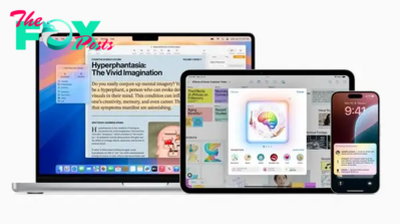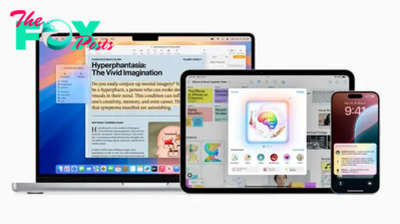Technology
Tracking Green With Max Song
Max Song, Carbonbase founder and CEO, and Prestige 40 Under 40 honouree, tells us why technology is key to solving the climate crisis, and how blockchain can help reduce carbon footprints.
Since high school, I’ve loved the idea of using the positive social impact of Technology to help others. When I was an undergraduate at Brown University, I was introduced to the challenges of climate change through student programmes calling on the university endowment to divest from coal. There’s an old joke, “Harvard students want to rule the world, and Brown students want to save it”, which has a kernel of truth. My most powerful catalyst was attending the United Nations Framework Convention on Climate Change (UNFCCC) COP25 in Madrid in December 2019, where I met many leaders from the developing world concerned about the consequences of climate for their citizens. I heard the terrifying prediction that by 2028 we’ll have exhausted the carbon budget for 1.5 degrees warming, and set the course of the world for the next few hundred years. That timeline, and my previous Education and professional experiences, led me to dedicate my passion and energy to working full-time on climate-change issues, and despite the challenging Business and funding environment of Covid, I started CarboNBAse in January 2020.
Green finance is a crucial pillar in activating and aligning global Business with the issue of climate change. In capitalist society, money is one of the most powerful incentives, and being able to set guidelines to direct and dedicate the flow of funds will have significant and profound implications for activating private-sector interest in combatting climate change. Over the last
10 years, the green bond market has grown from zero to US$1.5 trillion, which, though significant, is still only a small fraction of the $300 trillion overall bond market. Meanwhile, voluntary and compliance carbon markets have also grown tremendously, with transaction values now worth billions of dollars. Within this ecosystem, the value of a “climate registry” is critical: by recognising the value of environmental actions and assigning them a value, we’re using the tools of economics to shift corporate and individual behaviour and give them a chance to earn “rewards” for their actions, instead of only seeing climate action as a cost.
Transparency, trust, credibility are the core tenets of sustainability work. Digital technologies, like big data, blockchain and machine learning have tremendous value in helping to organise, communicate and coordinate climate actions, ensuring they’re credible, and preventing greenwashing and double-counting claims. At Carbonbase, we’re creating Asia’s first climate registry – Global Climate Registry (GCR) – which will help carbon-credit developers reduce their costs and ensure greater accountability, help verifiers audit the information and ultimately enable corporate buyers to feel trusted in the projects they buy into and support.
We’re excited to work with Hedera Hashgraph, whose technology offers a robust, low- energy-consumption and high-throughput platform on which to build a carbon registry. It also has a supportive and strong enterprise ecosystem, and is committed to developing tools in sustainability using a technology roadmap and tapping into the Guardian open-source framework.
Simple actions can make a difference. You don’t need to be a big company to start taking climate actions. Readers can take the two-minute survey on app.carbonbase.co that reveals their personal carbon footprint. They can also buy their first carbon credit to see how easy that is. Fundamentally, understanding the connection between actions and emissions makes all of us capable change-agents in the forthcoming climate transition.
-

 Technology1d ago
Technology1d agoBreaking up Google? What a Chrome sell-off could mean for the digital world | The Express Tribune
-

 Technology1d ago
Technology1d agoAI harm is often behind the scenes and builds over time – a legal scholar explains how the law can adapt to respond
-

 Technology1d ago
Technology1d agoNewborn planet found orbiting young star, defying planet formation timeline | The Express Tribune
-

 Technology2d ago
Technology2d agoAwkwardness can hit in any social situation – here are a philosopher’s 5 strategies to navigate it with grace
-

 Technology2d ago
Technology2d agoNo need to overload your cranberry sauce with sugar this holiday season − a food scientist explains how to cook with fewer added sweeteners
-

 Technology2d ago
Technology2d agoTeslas are deadliest road vehicles despite safety features: study | The Express Tribune
-

 Technology2d ago
Technology2d agoThere Is a Solution to AI’s Existential Risk Problem
-

 Technology2d ago
Technology2d agoUS pushes to break up Google, calls for Chrome sell-off in major antitrust move | The Express Tribune



























